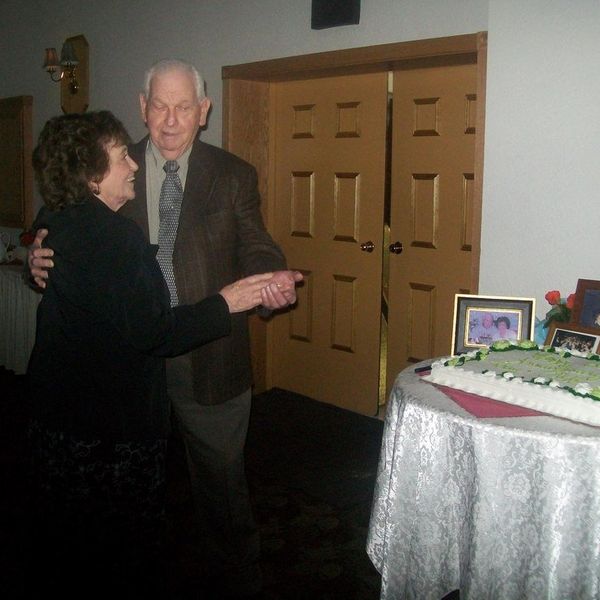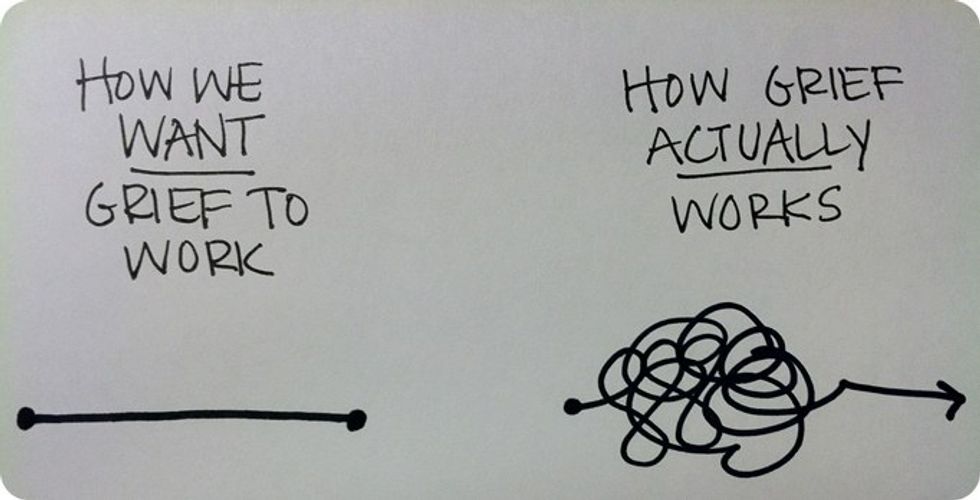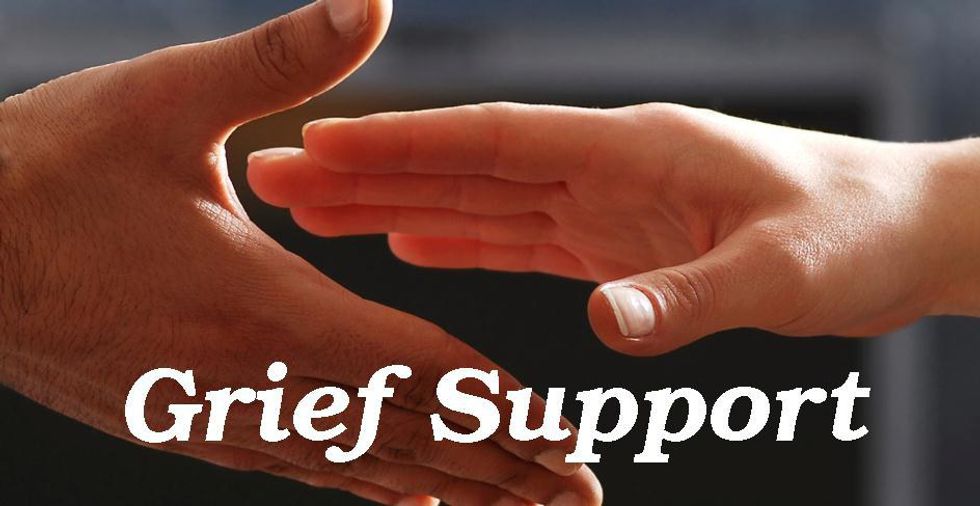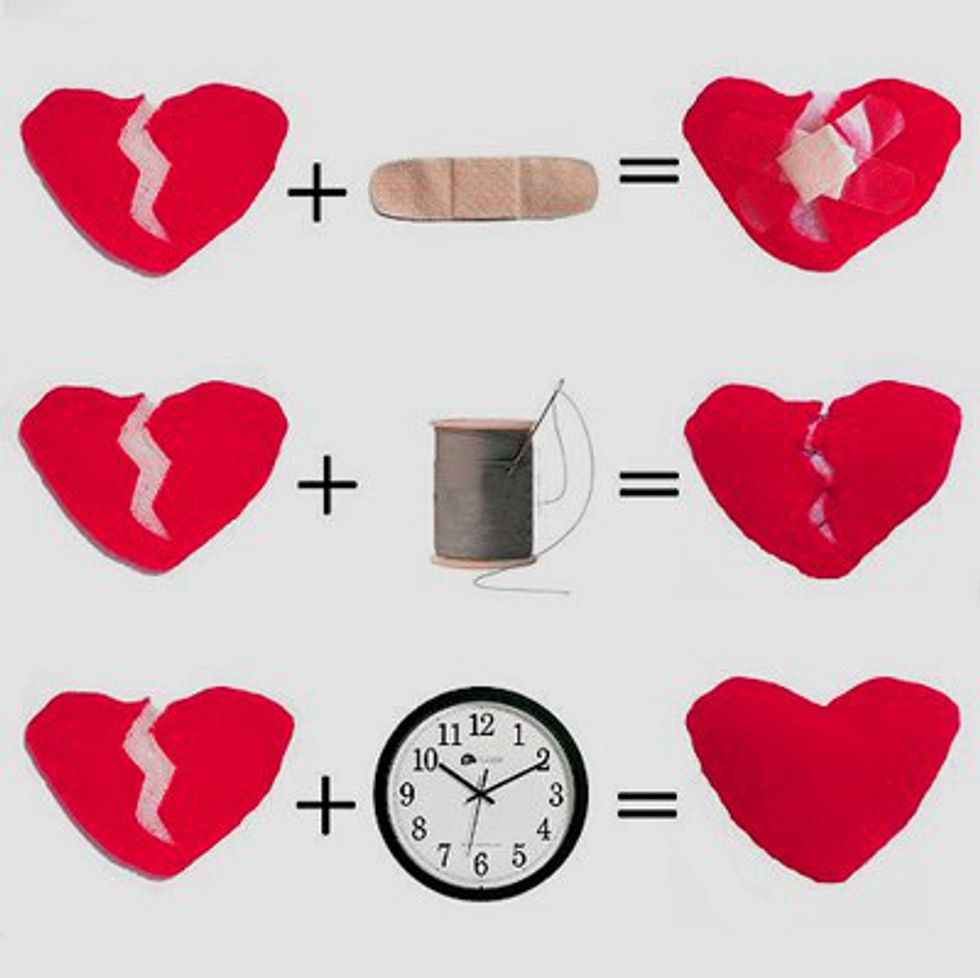Recently, I watched Elaine Mansfield’s video called “Good Grief: What I Learned from Loss.” This video sparked a lot of emotions for me as a human because I have experienced grief. I have had lost relatives and friends due to cancer and other diseases and I have also lost friends emotionally. There is a lot that occurs when people experience grief and loss and the way we conceptualize grief is different for everyone. Our grief process is very unique from different individuals.
Here are six basic steps to follow to help yourself and others through grief.
1. Grieving is important.
No matter how people grief, it is important for us (friends, sisters, brothers, mothers, fathers, aunt, uncles, etc.) to allow the individual to grieve.
2. Encourage emotions.
It is important for us, who are not experiencing the grief, to encourage the griever to face the unexpected emotions. In our society, unfortunately, men are still not encouraged to grief the same way as women. So if a man is crying, it is usually viewed as being “weak” and “pathetic,” rather than him grieving about his loss. Even Mayo Clinic has mentioned the importance of allowing these emotions to flow.
3. Find your support system.
If you are aware that friend, or whoever, has experienced a loss, go over there. Spending time alone is fine too, but isolation is not healthy way to deal with grief. Go call up your girls and throw a Shonda Rhimes marathon party.
4. Do not make major decisions.
Impulse buying is a true thing. I know I have personally done it and later regretted the purchase. However, grief clouds our judgment so moving, taking a new job, or making major financial changes is not recommended. A little advice: put away the credit cards.
5. Get sleep, food and exercise.
Grieving takes a lot of energy. It is common for “normal” activities to take more energy than normal (if this proceeds for more than two months please seek a professional for consultation). Sleep, eating a well balanced diet, and physical activity are ways to boost your mood. However, sometimes that takes a lot of mental energy so going to go walk down your favorite line of boutiques may just be the right medicine for you.
6. Time is the best medicine.
After time, the pain during the grieving process may lessen, but it is important to understand that the feelings of loss, emptiness, and sadness may never go away. Accepting this is hard to do therefore it is recommended if adjusting back to “normal” every day life is difficult to seek professional help. There is no shame in admitting having difficulty dealing with your loss.




























